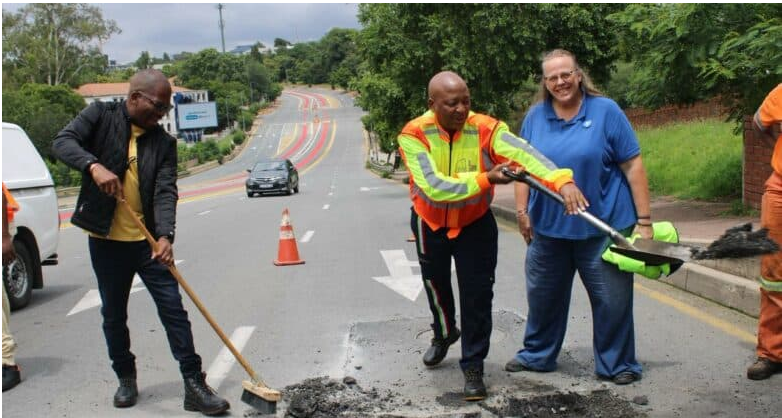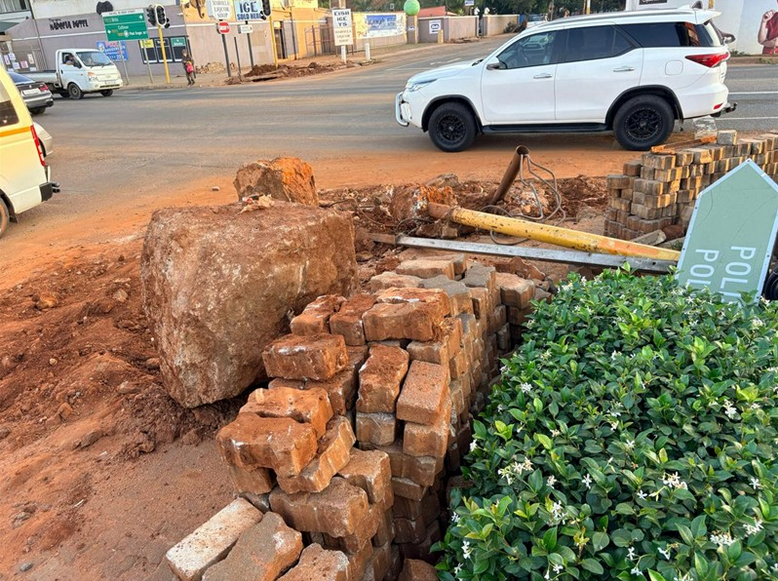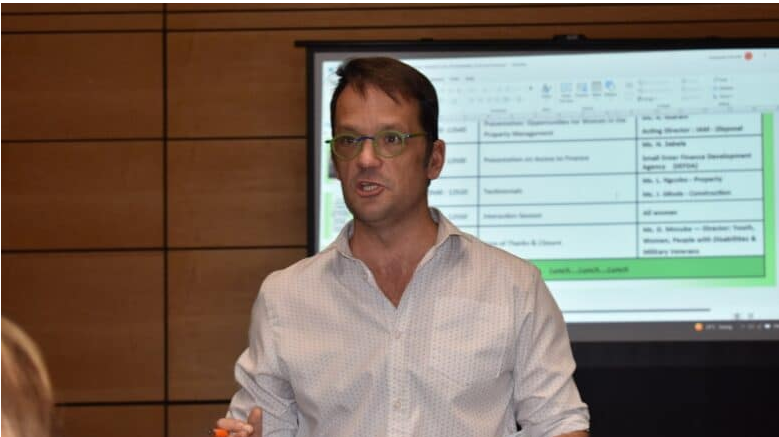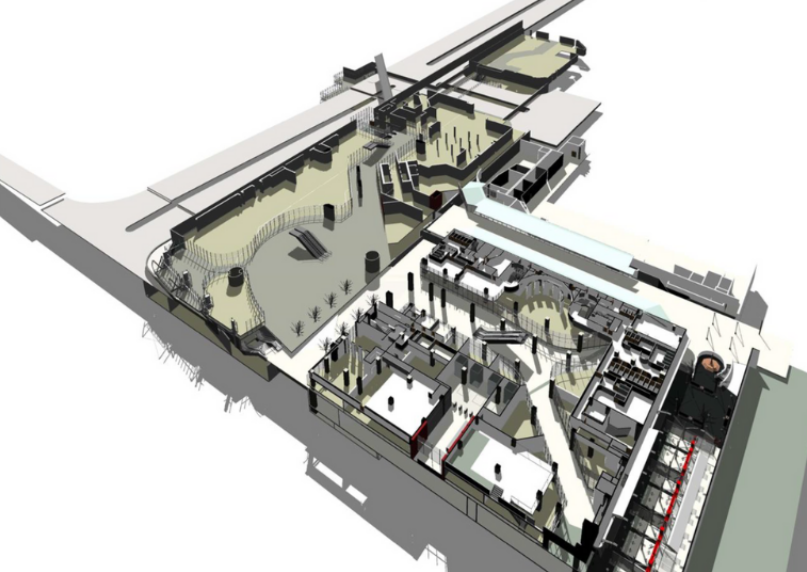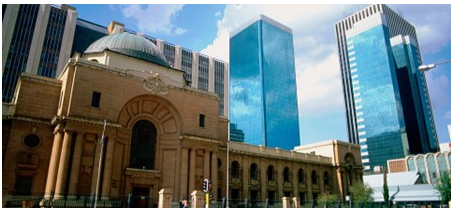Thuma mina. How Ramaphosa must sweeten the pot for the private sector

Advertising
28-11-2018
Read : 202 times
Bizcommunity.com
Source
In his quest to stimulate the country's economy, President Cyril Ramaphosa has been actively courting the private sector to enter into meaningful partnerships with government by establishing an infrastructure fund. He says infrastructure expansion and maintenance had the potential to create jobs on a large scale, attract investment and lay the foundation for sustainable economic expansion.
“With a view to unlocking the potential to create more jobs on a large scale we have decided to set up a South Africa Infrastructure Fund, which will fundamentally transform our approach to the rollout, building and implementation of infrastructure projects. In total, the plan will result in reprioritised expenditure and new project level funding of around R50bn. The South Africa Infrastructure Fund will reduce the current fragmentation of infrastructure spend and ensure more efficient and effective use of resources," he says.
However, which conditions are imperative for the private sector to fully embrace this challenge?
Challenging economic conditions must be recognised
The official unemployment rate of 27.2% does not compare well to South Africa’s emerging market Brics peers such as Brazil (12.3%), India (3.5%), China (3.9%), Russia (4.7%) and Mexico (3.5%). In addition, the World Bank ranks South Africa as one of the most unequal societies in the world – with 50% of the poorest households currently earning only 8% of total household income, while 10% of the wealthiest account for about 55%. Since 2014, the average economic growth is just 1.1% per annum, whilst the population grows at about 1.6% a year. This means that the average South African has become poorer over the last five years.
Structural reforms required to encourage fixed investment
One of the central policy objectives outlined in the medium-term budget policy statement is to promote an increase in capital investment by the private sector. In recent years the growth in gross fixed-capital formation has declined. “In the 2000s this stood at around 5.7% but has dwindled to 1.5% since 2010. In the first half of 2018, growth in gross fixed-capital formation (which excludes investments in the utilities sector; primarily in electricity) was at 0.1% and is expected to measure 0.9% for the year as a whole," says Ian Matthews, head of business development at Bravura
In addition, South African Reserve Bank (Sarb) statistics show that into South Africa declined from around R76bn in 2008 to just R17.6bn in 2017. Data from the United Nations Conference on Trade and Development (Unctad) indicates that FDI inflows into South Africa declined from an equivalent 2.3% of gross domestic product (GDP) during 2013 to 0.5% in 2016.
Matthews says that there are two intriguing aspects to the infrastructure initiative. “The first is that government will be developing a framework for investors to assess potential long-term returns on public infrastructure projects. Secondly, innovative financing mechanisms will be developed to support interventions, and could come from development finance institutions, commercial banks and pension funds. Instruments that are being considered include initial capital payments, current subsidies or guaranteed offtake agreements, as well as blended finance which is a combination of capital from the public and private sectors, with development finance institutions.”
“As part of the framework, public infrastructure projects will initially be evaluated to ascertain whether they could be fully privately funded. This makes sense given that a number of mega-infrastructure projects are commercially sustainable. If the project is borderline commercially viable, the fund could support a range of hybrid options, including public-private partnerships, concessional financing, government guarantees, loan subsidies and development finance. If the project is not commercially viable but will reap social benefits, then direct fiscal support could be provided.”
Policy certainty will be a determining factor
While the framework provides a solid theoretical basis from which public-private partnerships could grow and acknowledges that there should be less reliance on committing scare public resources to projects, government will now be obligated to remove regulatory impediments that stand in the way of private-sector financed projects.
“To attract private funds will require reforms such as strengthening network industries and providing sustainable and affordable increases in resources such as water and electricity. These issues are likely to necessitate major changes in the mandates and operations of state-owned companies. To this end, government has begun to study long-term reforms in electricity, telecommunications, transport and logistics. The bottom line is that without a proper restructuring of state-owned entities like Eskom and SAA, there is a significant risk that the weak financial condition of state-owned companies will put major pressure on public finances. This could include limited privatisation of certain parts of these organisations or joint ventures between private enterprise and SOEs.”
Policy certainty is critical to restoring investor confidence. Although government has reiterated that policy certainty in areas such as mining and energy is being restored, and the governance of state-owned companies and entities such as Eskom, Transnet and the South African Revenue Service (Sars) is being strengthened, there is continued uncertainty around expropriation of land without compensation. “The South African Reserve Bank has included land reform as a policy risk in its recent Financial Stability Report. Additionally, although the Third Mining Charter has been gazetted, certain aspects therein require further clarification which will be articulated in an as-yet unseen implementation document.”
“Additionally, new regulations that include the increase in BEE procurement and the provisions around divestiture in the Competition Amendment Bill could foreseeably have a negative impact on the private sector.”
There is also the need to reduce the cost of doing business. South Africa is currently ranked number 82 out of 190 countries on the 2019 World Bank’s ease of doing business index. The ranking deals with the nuts and bolts of doing business in-country, including issues such as starting a business, dealing with construction permits, protecting minority investors and paying taxes.
The way forward
“Government acknowledges that recovery and growth are predicated on an increased role for the private sector along with better implementation of government’s existing plans, of which infrastructure is a key aspect. The real work now needs to be done on delivering policy certainty and stability. While policies need to be approached carefully and thoughtfully, the speed and the effectiveness of policy decisions made from this point will determine the speed of the country’s economic turnaround. This is where the private sector can play a critical role, working in partnership with civil society and political leadership.”
“Investment is necessary to promote economic progress and stability, while stability is an important condition for investment.”
Recent News
Here are recent news articles from the Building and Construction Industry.
Have you signed up for your free copy yet?
